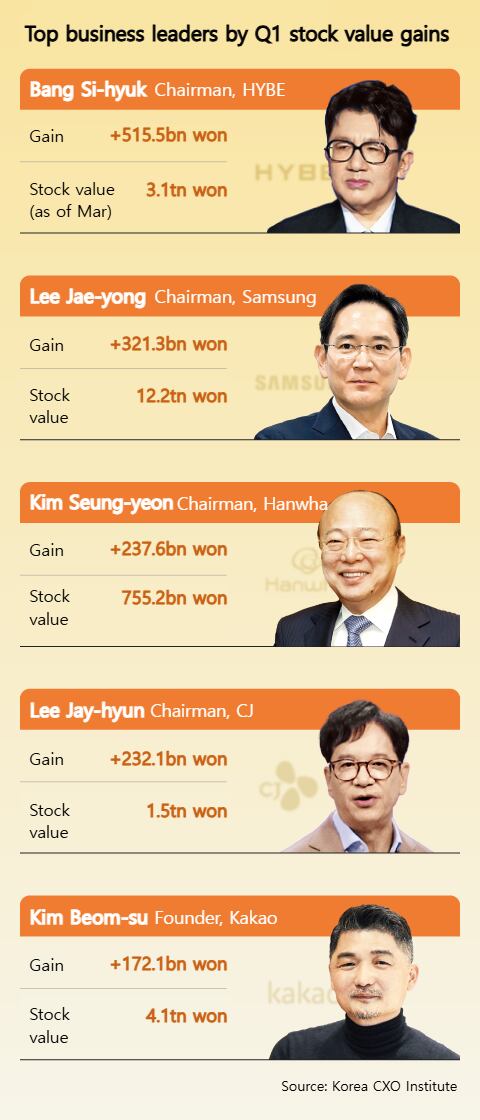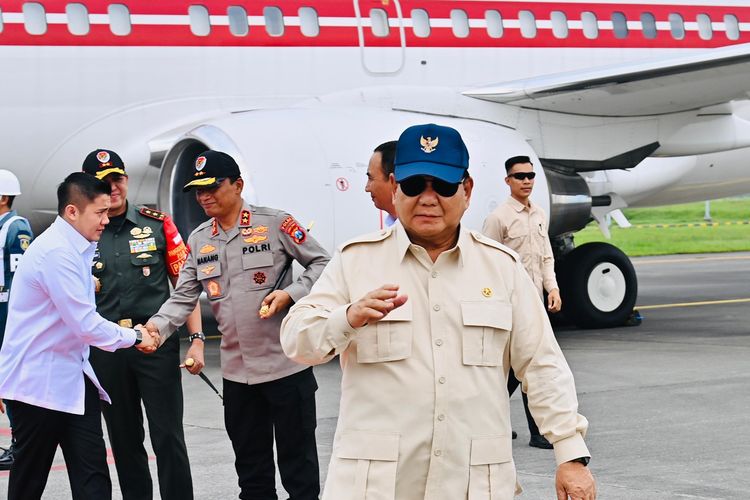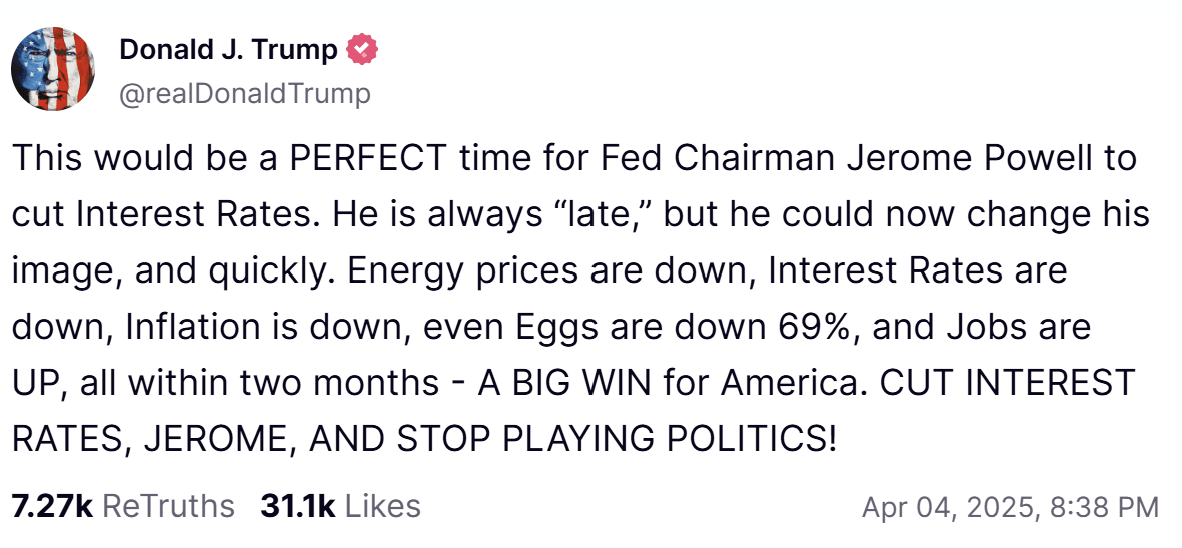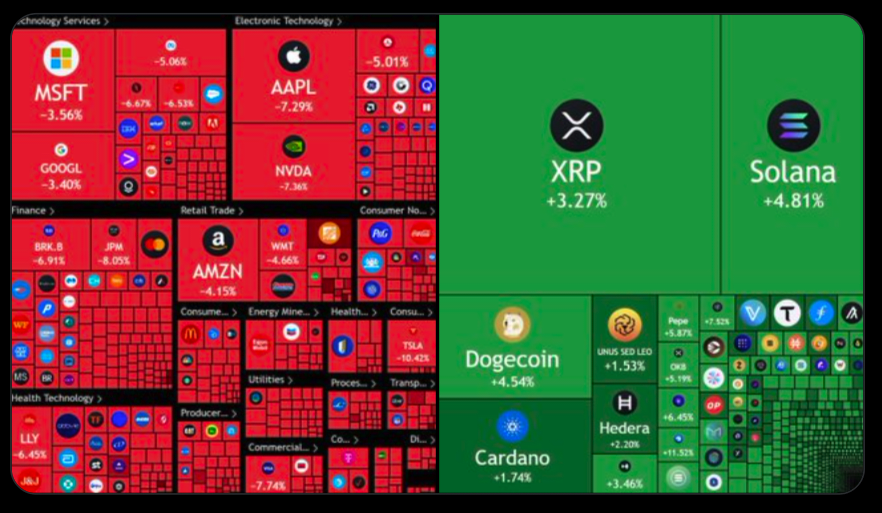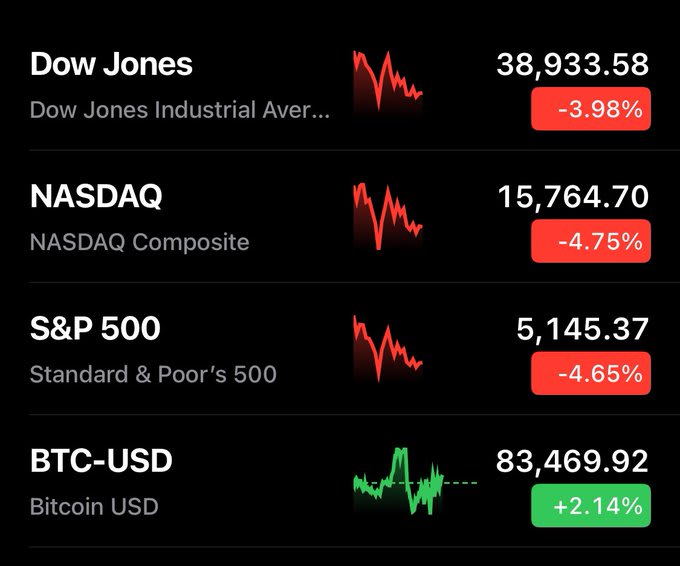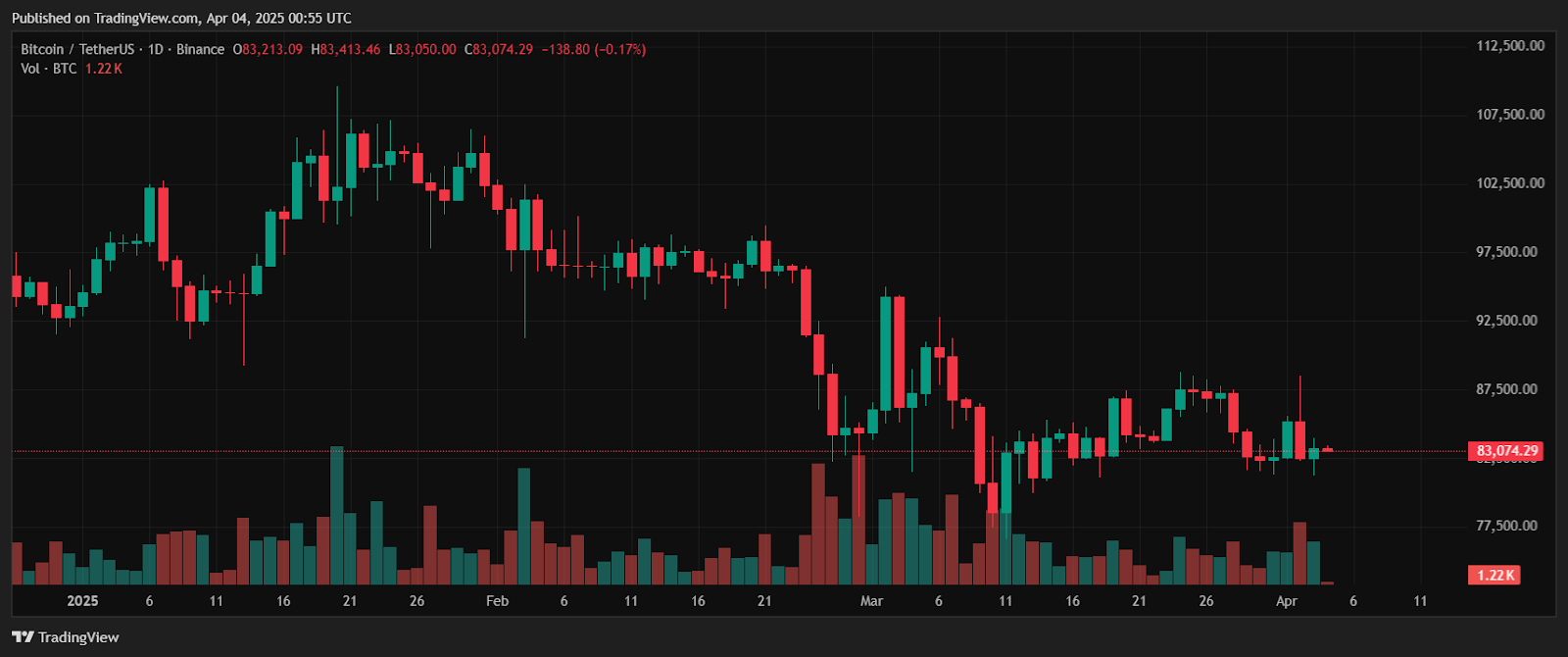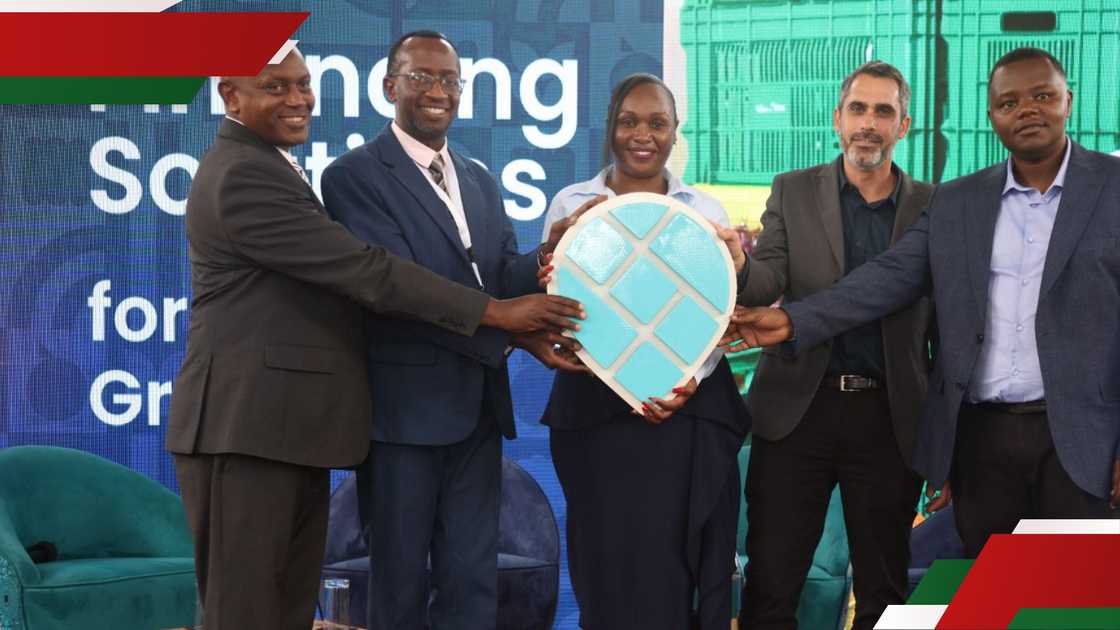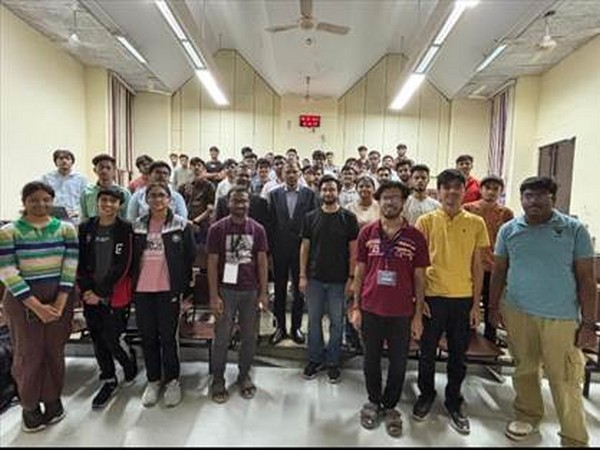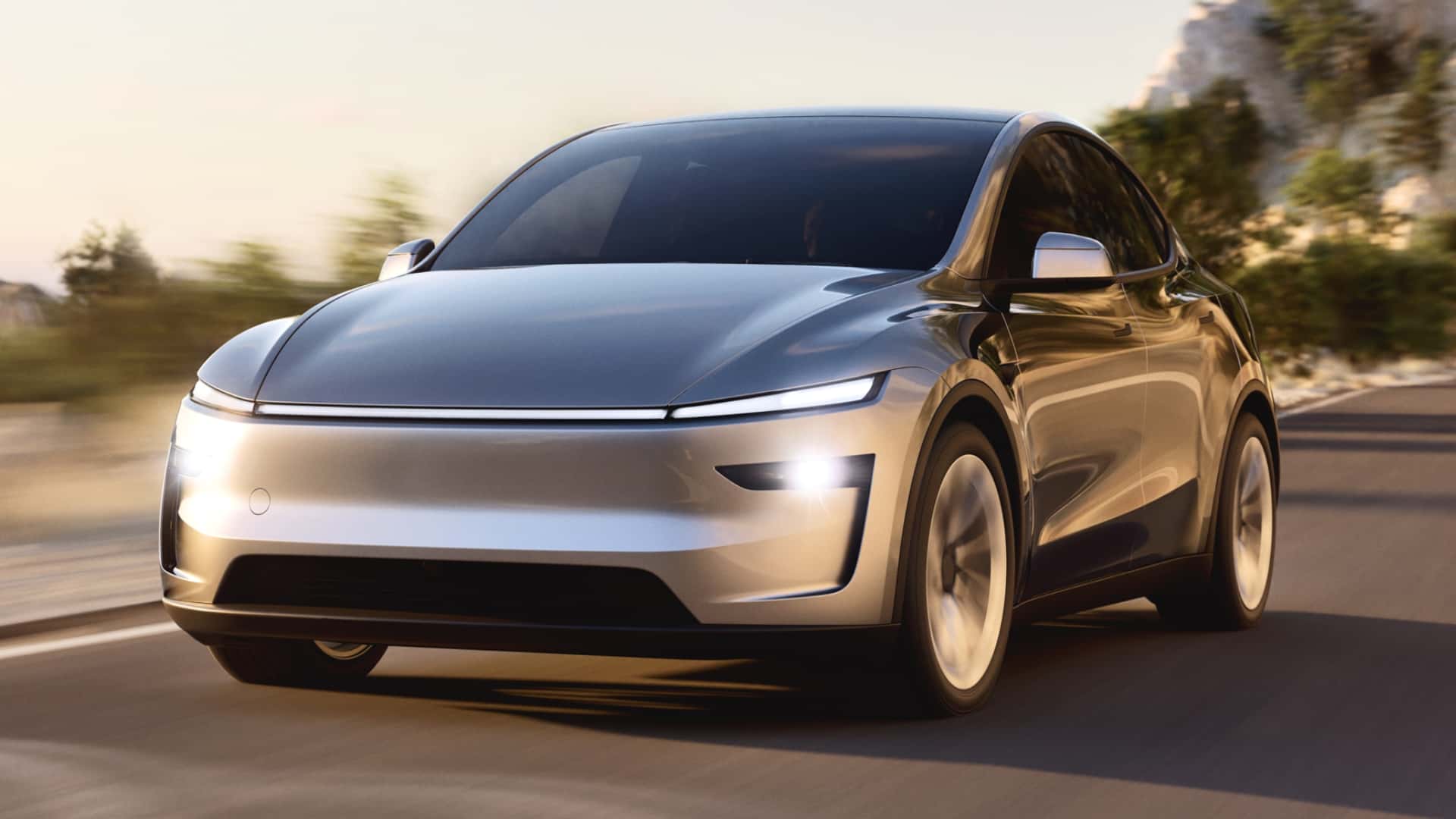Lagos, Nigeria — Africa Finance Corporation (AFC), the continent’s leading infrastructure solutions provider, has announced its strongest financial performance to date, with total revenue for the year ended 31 December 2024 surpassing US$ 1 billion for the first time in the Corporation’s history.
This record performance marks a significant milestone in AFC’s mission to close Africa’s infrastructure gap through scalable, de-risked investments that attract global capital and deliver tangible development outcomes. The Corporation posted a 22.8% increase in total revenue to US$1.1 billion and a 22.3% rise in total comprehensive income to US$400 million, up from US$327 million in 2023.
AFC’s earnings growth was driven by improved asset yields, prudent cost-of-funds management and sustained traction in advisory mandates.
Further significant financial highlights include:
– Net interest income up 42.5% to US$ 613.6 million
– Fee and commission income rose to US$109 million, the highest in over five years
– Operating income climbed 42.7% to US$709.7 million
– Total assets reached a record US$14.4 billion, a 16.7% year-on-year increase
– Liquidity coverage ratio strengthened to 194%, providing over 34 months of cover
– Cost-to-income ratio improved to 17.3% from 19.6% in 2023
Throughout 2024, AFC continued to scale its impact by mobilising capital for landmark projects across energy, transport, and natural resources. These included the Lobito Corridor – a cross-border railway development spanning Angola, the Democratic Republic of Congo (DRC), and Zambia. AFC led the initiative to secure a concession agreement within one year of the initial Memorandum of Understanding (MoU), an unprecedented achievement for a project of its scale. In the DRC, AFC also invested US$150 million in the Kamoa-Kakula Copper Complex, Africa’s largest copper producer and one of the most sustainable globally, thanks to its high-grade ore and renewable-powered smelter.
Other milestones transactions included financing support for the commissioning of the Dangote Refinery, the largest in Africa, and continued progress on AFC-backed Infinity Power Holding’s 10 GW clean energy ambition, with power purchase agreements secured in Egypt and South Africa. AFC also invested in the 15GW Xlinks Morocco-UK Power Project, providing US$14.1 million to support early-stage development of a transcontinental renewable energy pipeline between North Africa and Europe.
AFC bolstered its financial position and broadened its investment community via multiple significant financing efforts. This encompassed a US$ 1.16 billion syndicated loan — the biggest in its record so far, a US$500 million perpetual hybrid bond issuance, along with the smooth launch of Nigeria’s inaugural local currency-denominated dollar bond, attracting US$900 million demand, over-subscribed by 180%. Additionally, after an absence of eight years from this sector, AFC revisited the realm of Islamic finance, successfully securing a US$400 million Shariah-compliant facility.
In that same period, significant progress was observed in equity fundraising activities, amassing $181.8 million from ten institutional investors. Among these were notable entities such as Turk Eximbank — which marked AFC's very first non-African sovereign investor — BADEA (the Arab Bank for Economic Development in Africa), along with various prominent pension funds hailing from countries like Cameroon, Seychelles, Mauritius, and South Africa. The credibility of AFC remained unshaken as rating agencies confirmed its solid financial standing through top-tier assessments; this includes AAA ratings awarded by both S&P Global (China) and China Chengxin International, alongside a steady A3 outlook issued by Moody’s.
These findings clearly indicate that targeted investments in African infrastructure generate significant long-term benefits for all stakeholders involved, including investors," stated Samaila Zubairu, President & CEO of AFC. "In 2024, we surpassed the one-billion-dollar revenue threshold, implemented transformative initiatives, and bolstered our fiscal strength, showcasing how our distinctive approach—which harmonizes social impact with operational excellence—can drive Africa’s economic advancement.
